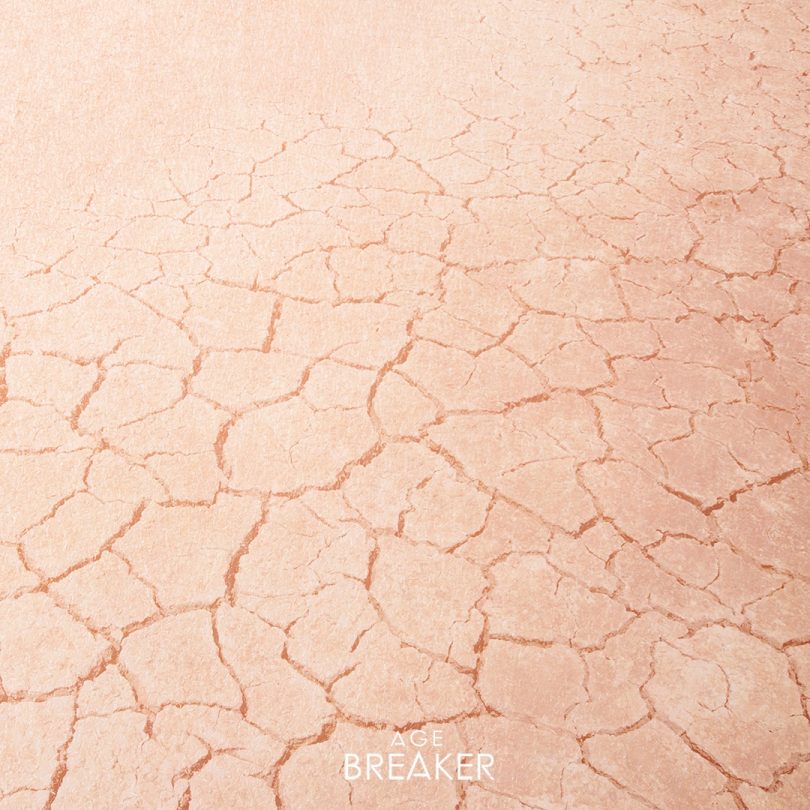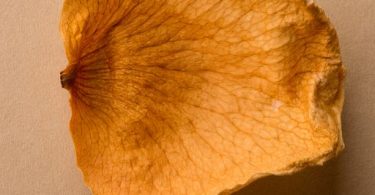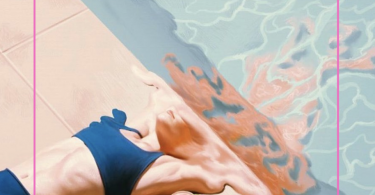Due to its slow renewal, collagen is the preferred target of glycation, a major cause of skin degradation.
Glycation results from the binding of ingested sugars to the body’s proteins. It generates AGEs (Advanced Glycation Endproducts) toxic compounds which, by “caramelizing” the body, play a central role in cellular aging.
Glycation is a slow reaction, that is difficult to reverse. Its toxic effects are therefore much higher for proteins with slow renewal rates, such as collagens.
Recent clinical studies show that AGEs play an important role in the complex physiology of the skin, its quality, and its aging process. They establish a significant correlation between glycation, pigment spots, redness, roughness and dryness of the skin, etc. (1).
These results confirm the central role, already observed, of glycation in general aging associated with collagens: arteries, joints, crystalline lens…
These results show that a strategy aimed at maintaining good skin quality must go through a fight against glycation.
© AGE Breaker, update 02 2024
[Glycation is one of the major causes of aging. Resulting from the fixation of sugars on the proteins constituting the organism, glycation generates toxic compounds that cause cellular aging. Glycation is particularly involved in metabolic disorders, skin aging and cognitive decline.] [AGE BREAKER, patented nutritional supplements, based on rosmarinic acid, recognized by aging specialists around the world for their properties to reverse the effects of glycation.]More on www.agebreaker.com
#agebreaker #glycation #antiaging #longevitymedicine #preventivemedicine #preventivehealth #skinaging #4pmedicine #advancedglycationendproducts
1: D. Martinovic et Al. The Association between the Level of Advanced Glycation End Products and Objective Skin Quality Parameters. Life 2023, 13(2), 256;









